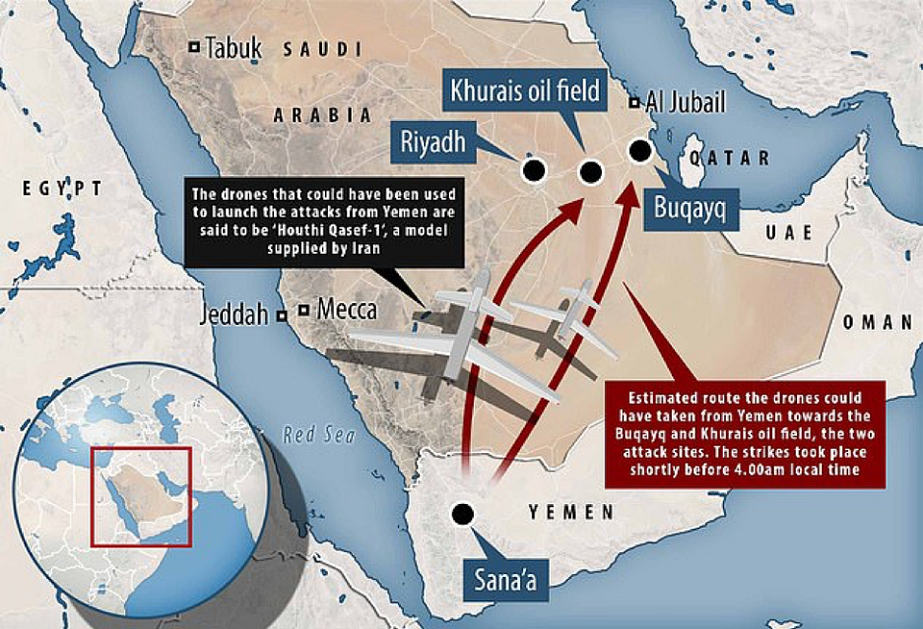Foinikas
Elite Member
- Aug 1, 2021
- 13,683
- 13,319
- Country of Origin

- Country of Residence

This claim has been debated to pieces in the old forum. You guys have to move on. @LeGenD had explained everything in detail why the Iranian and Houthi missiles and loitering munitions managed to hit some of the targets. And Patriot as well as Aegis were pretty darn solid. There were other problems,such as Arab forces not being well-trained or vigilant enough,Iran attacking from the East(although denying attacking)and exaggeration of hit reports,while ignoring how many threats the AA systems had already eliminated.FAILED MISERABLY IN KINGDOM OF SAUDI ARABIA .
and likely in many many other countries and regions, such as in the Red Sea where a USA carrier was clobbered by a DIY home made Houthi missile.

And as demonstrated so clearly in KSA the Aegis and Patriot systems defending Saudi a joke as the Aegis and Patriot cannot even detect a few sub Mach cruise missiles not to talk of taking them down. Even to now, no one sure where those came from and who flown them. Despite overlapping coverage of those Patriot and Aegis systems.



The American systems dunno where the slow poke missiles came from and if missiles did not go off with bangs leaving smoke and fire, might not even have existed at all

New sales pitch? US makes the world’s ‘finest’ anti-air systems, but sometimes they just don’t work, Pompeo explains
Saudi air defenses like Patriot & Aegis don’t match their advertised properties, unfit for real combat – Russian Army (MAP)














:max_bytes(150000):strip_icc()/GettyImages-871980162-5b61d35646e0fb0050498370.jpg)

